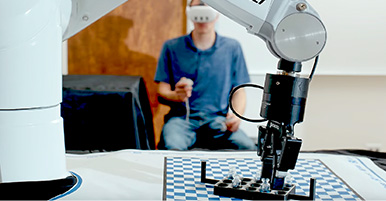Citation
Karp, P.D. An Ontology for Biological Function Based on Molecular Interactions. Bioinformatics, vol. 16, no. 3, pp. 269-285, 2000.
Abstract
Motivations
A number of important bioinformatics computations involve computing with function: executing computational operations whose inputs or outputs are descriptions the functions of biomolecules. Examples include performing functional queries to sequences and pathway databases, and determining functional equality to evaluation algorithms that predict function from sequences. A prerequisite to computing with function is the existence of an ontology that provides a structured semantic encoding of function. Functional bioinformatics is an emerging subfield of bioinformatics that is concerned with developing ontologies and algorithms for computing with biological function.
Results
The article explores the notion of computing with function, and explains the importance of ontologies of function to bioinformatics. The functional ontology developed for the EcoCyc database is presented. This ontology can encode a diverse array of biochemical processes, including enzymatic reactions involving small-molecule substrates and macromolecular substrates, signal-transduction processes, transport events, and mechanisms of regulation of gene expression. The ontology is validated through its use to express complex functional queries for the EcoCyc DB.


